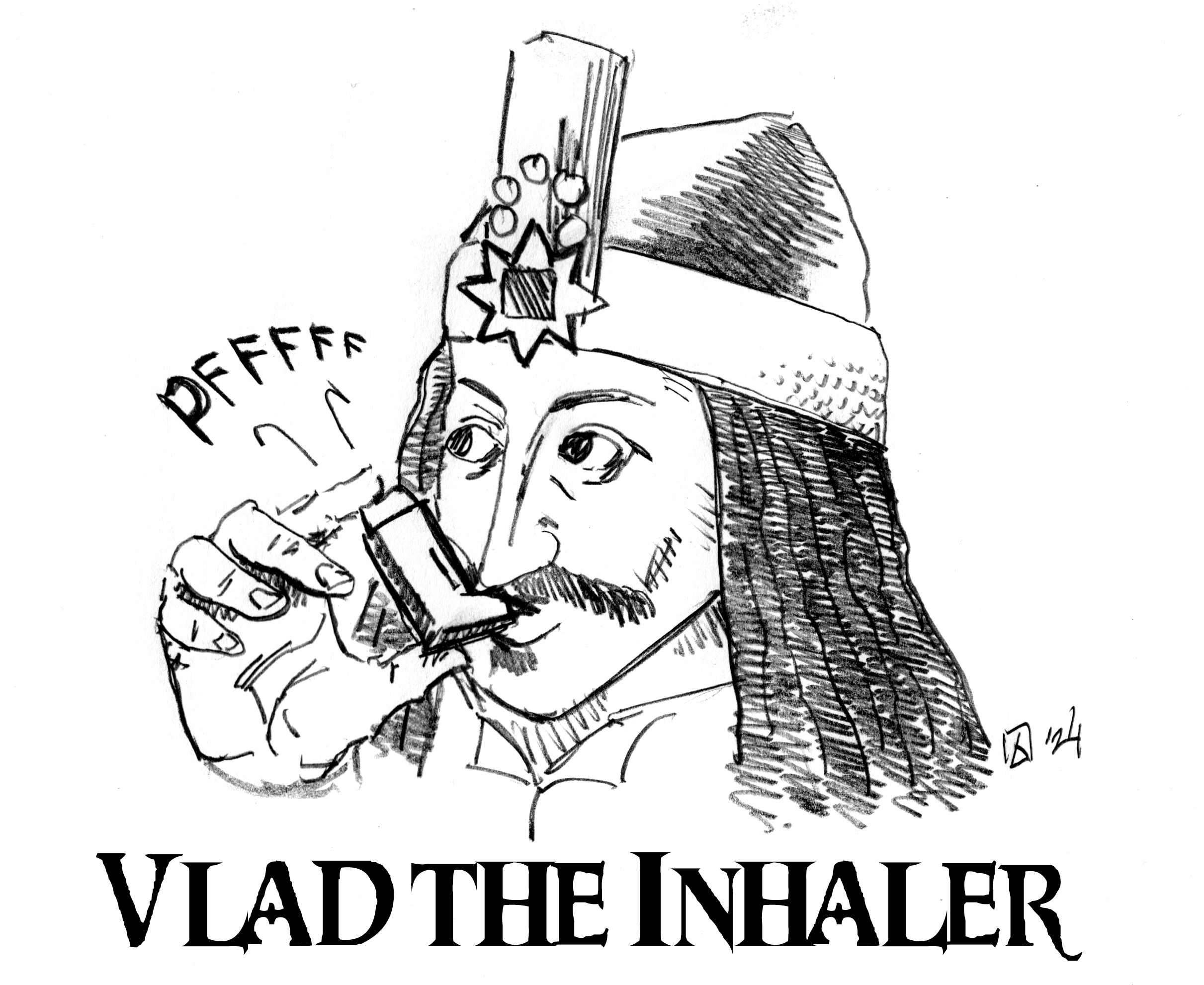Following my recent article on Satanism and self-worship, I received some feedback from a friend of a friend that the article was incomplete: it was missing its other half. She was correct, and I hope to provide here the positive vision of self that my previous article was lacking.
Having explored the spiritually fatal nature of self-worship, it is important to explore its spiritually-healthy opposite, which is self-love. Yet real self-love only becomes possible when we understand what our self truly is.
Restoration scripture gives Latter-day saints a unique understanding of self—that our true selves are intelligences that existed long before this mortal experience. In other words, when we ask, “Who am I? What is my true self?,” we might be inclined to answer with some aspect of our mortal experience: our thoughts, feelings, desires, nationality, race, hobbies, achievements, or personality. But from our perspective, a good rule of thumb might be: if something did not exist before we were born, it may not be primary or central to who we truly are—aka, our self. On what grounds do I say this or that life experience is my authentic self if I don’t even know the name by which I was called for eternities before this life? When we forget our “selves” and focus on connecting other people to God, the love of God flows through us to them like an electrical current.
When any of those experiences have become identity components, and they then change, the effect can be emotionally devastating. We can lapse into a deep depression, expressed in statements like I don’t know who I am anymore, or it feels like part of me has died.
When our identity is founded primarily on shared experiences in a community, the emergence of differences between ourselves and the community can spark an identity crisis. The thinking goes something like this: My community is my identity: I am a Latter-day Saint. Latter-day Saints get married in the temple, keep their marriages intact, and raise children who serve missions and get married in the temple and stay active in the Church. If this is our identity construct, then experiences of divorce or children leaving the Church can shatter our core sense of who we are.
In these situations, a common mistake is to fight harder, to cling more tightly to that community identity construct, or even repeat that same process of community identity formation, only with a new community.
Yet the process of coming to understand our true divine identity involves the exact opposite of these responses. One of the great spiritual insights revealed not just in Judeo-Christian faiths but also in Buddhism is that discovering our true identity is mostly a process of letting go—not grasping and clinging. In fact, discovery is not really the ideal term for this process; better terms are remembering, sensing, perceiving, and embracing.
Some of the greatest spiritual breakthroughs come when our false identity constructs are shattered. When I was a student at BYU, I attended a lecture from Latter-day Saint philosopher Terry Warner, where he discussed the spiritual value of experiencing a devastating illness. Warner related how his life had long been consumed with projects and the pursuit of achievements—until his illness left him unable to work on any of the achievements that he had imagined for himself. This situation left him emotionally crushed, and over time, free to see and return to what was most important. Free to see his beloved projects for the overblown priorities they had become.
Contrary to so many of our own overblown, natural impulses, Christ taught us that we find our life by losing it, which is a key insight into how we come to know who we really are. We often think of spiritual growth in terms of things to do, but spiritual growth is as much subtraction as it is an addition of new activities or new thinking. This poses a challenge for those of us who often think of faith in terms of tasks, programs, milestones, and achievements. Those things are not inherently bad, but they can also become sources of stumbling when we make them into identity or indicators of our standing before God.
Alexandr Solzhenitsyn was a Russian political prisoner during the time of Stalin; after his arrest, his status as a government official was stripped, and his wife divorced him. Forced to live and work in a gulag labor camp, Solzhenitsyn said of the unfairness of life:
The only solution to this would be that the meaning of earthly existence lies not, as we have grown used to thinking, in prospering, but … in the development of the soul. … Looking back, I saw that for my whole conscious life I had not understood either myself or my strivings. What had seemed for so long to be beneficial now turned out in actuality to be fatal, and I had been striving to go in the opposite direction to that which was truly necessary to me. But just as the waves of the sea knock the inexperienced swimmer off his feet and keep tossing him back onto the shore, so also was I painfully tossed back on dry land by the blows of misfortune. And it was only because of this that I was able to travel the path which I had always really wanted to travel. It was granted me to carry away from my prison years on my bent back, which nearly broke beneath its load, this essential experience: how a human being becomes evil and how good. … And it was only when I lay there on rotting prison straw that I sensed within myself the first stirrings of good.
These painful “blows of misfortune” pointed Solzhenitsyn toward insights that his own natural “strivings” had been covering up. Among Latter-day Saint prophets, the life of President Spencer W. Kimball exemplified a similar realization. His biographers note that both his personal experiences of failures and his battles with illnesses over the years left him with a love and compassion that were legendary. Among the many stories with the saints, one of my favorites involves the following interaction with a student at BYU-Hawaii:
A young man attending BYU–Hawaii fought off any suggestions he go on a mission and let his hair grow to express his rebellious feelings. He tucked his long hair into a cap when he went to class. He felt unloved. One day President Kimball was on campus to speak to the students. Later, the young man sat on a bench by the temple, musing. He saw a cluster of people gathering around the temple entrance, and President Kimball emerged. The first thought that came was anxiety that President Kimball would discern his rebellious spirit and chastise him for having long hair in violation of school rules. As the prophet came nearer, he left the group and walked directly to the youth, who later recalled, “A feeling of shame engulfed my soul and I wanted to run. When he reached me, he threw his arms around my neck, kissed my cheek, and whispered, ‘I love you.’ I could not dispute it—he loved me. I actually felt it. I cried. I couldn’t control myself. I went behind the temple and continued to sob as his pure love melted away my anger and bitterness.”
I remember feeling as a young insecure missionary in Brazil the normal pressure to achieve numerical goals of people we spoke with or baptisms we planned. Halfway through my mission, I was in an area where missionary work was fairly straightforward and fruitful, and in one of my months there, my companion and I baptized the most of any companionship in the mission. I felt like a good missionary, like I was “successful.” But then mold season came to our mission, and my asthma became crippling; I was transferred to another area with a better climate and then to one of the hardest areas in the mission.
In that area, missionary work was anything but straightforward; it was much harder to find people to teach, and our daily conversations brought fewer results. I quickly shed the perception that I was a good missionary, let alone a “successful” one. Every week I felt like a failure, and I can say that over time, this was the best thing that could have happened to me. I transitioned to a way of working that required more listening, more patience, and more real human interaction with fewer expectations of what outcomes should be.
During that time, I had several powerful experiences, some miraculous in nature, that showed me the love of God for the people I was serving. I learned that the God of the universe was mindful of the specific concerns of a teenage girl in Brazil who was struggling to get along with her parents. I learned that the God of the universe was willing to intervene powerfully in the life of a woman who was seeking to turn from a life of sin. I learned that men who seem stubborn and set in their ways can be transformed by an experience of the love of God.
I learned most importantly that when we forget our “selves” and focus on connecting other people to God, the love of God flows through us to them like an electrical current, and in this process, we come to understand both their true identity and ours. Once again, this process of coming to know our divine identity feels less like discovery and more like remembering. I suspect that this is why so many speak of primary callings in the Church as being a transformative experience; the music and teachings in primary point constantly to these foundational soul-healing realities. “Happiness is intimacy with God, the experience of God’s loving presence. Without that experience, nothing else quite works; with it, almost anything works.” Thomas Keating
In contrast with self-worship promoted by the adversary, here we find a true love of self— something that cannot really be experienced apart from experiencing the love of God. Resting in this love of God and remembering our true identity, we become hard to offend. We become resilient to disappointment. We become eager to forgive. We can move through unfairness, tragedy, and irony with fresh reservoirs of spiritual and emotional strength. We need less from other people, whether it be praise, validation, or things. We become more capable of saying no to influences and behaviors that diminish our ability to rest gratefully in God’s sustaining love.
Thomas Keating once said, “Happiness is intimacy with God, the experience of God’s loving presence. Without that experience, nothing else quite works; with it, almost anything works.” Among other things, this can become a critical key in discerning good and evil in the influences of our lives. As I argued in another article, hell is a place where souls have various forms of intense neediness, whereas souls in heaven have need of very little. This frantic, agitated grasping towards hellish patterns of thinking and feeling, and the gentle pull toward heavenly ones, are things we experience here and now. And ultimately, the set of behaviors we call “living the gospel” does not earn us heaven; rather, it allows us to remember it and, with clarity, choose it.
















